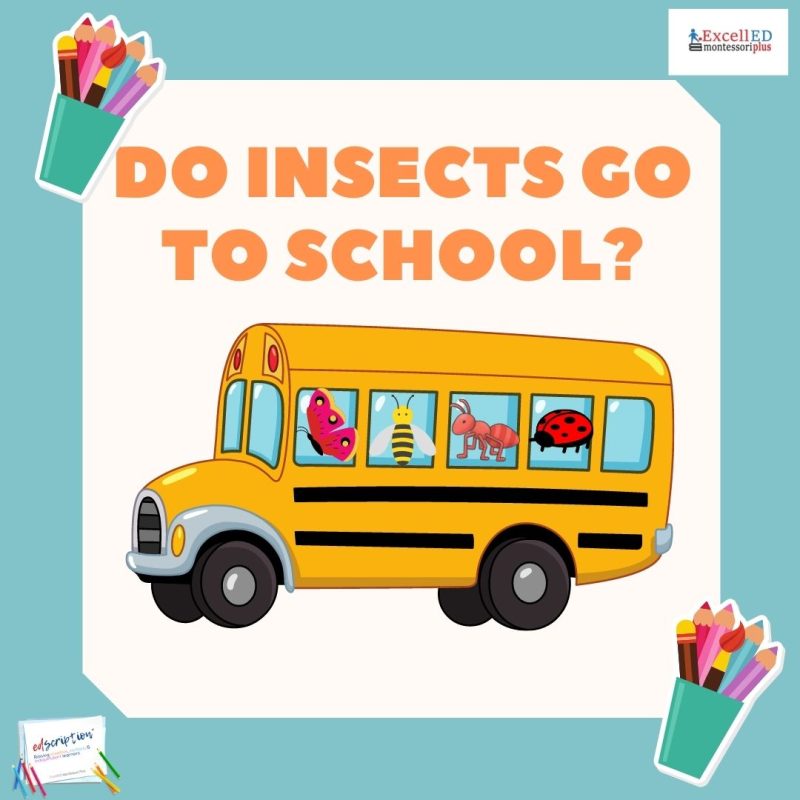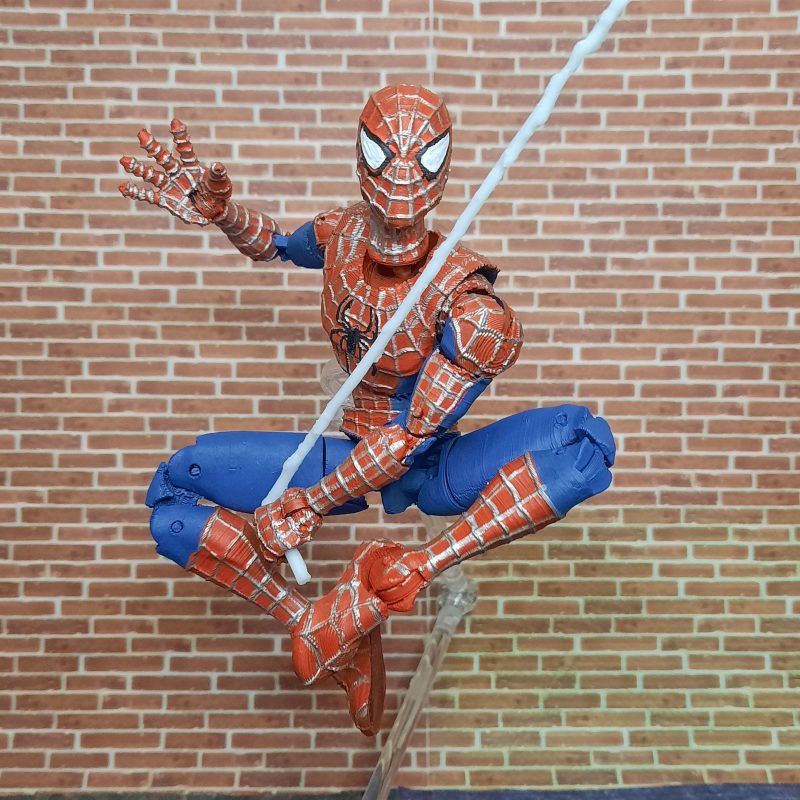A Strong Foundation for Success
The Montessori primary classroom is designed for children aged 3 to 6 years old, encompassing both preschool and kindergarten. During this sensitive period for learning, children are highly receptive to new information and experiences. Our program is tailored to meet the developmental needs of this age group, providing a stimulating, child-centered environment that fosters exploration, experimentation, and self-discovery.
The Montessori primary classroom is meticulously designed to cater to the developmental stages of young children. It is divided into specific learning areas that encourage cognitive, social, emotional, and physical growth through a variety of activities. This setup allows children to engage in hands-on learning, enhancing their ability to learn through doing.
Our Montessori primary curriculum is flexible and adaptable, tailored to each child’s unique needs and learning style. This approach enables children to work at their own pace and achieve their full potential, laying a strong foundation for future academic success and personal growth.
Meet all our graduates over the years
Curriculum Areas:
The child-centered Montessori curriculum focuses on hands-on learning, exploration, and self-discovery, adapting to each child’s needs and learning style.
One of the primary goals of our program is to prepare children for kindergarten. This significant educational transition involves adapting to new structures, expectations, and routines. Our program ensures that children are well-equipped to succeed in kindergarten and beyond, providing them with the skills and confidence they need.
Montessori classrooms feature mixed-age groups, allowing younger children to learn from older peers who act as role models and tutors. This setup ensures that each child learns at their own pace while benefiting from the mentorship of older classmates. Teachers observe and guide this process, fostering a collaborative and supportive learning environment.
Inquiry-based learning engages students in hands-on, interactive, and collaborative activities that explore real-world problems and questions. This approach emphasizes that learning is an active process, encouraging students to ask questions, make observations, and test hypotheses. Activities may include conducting experiments, collecting data, analyzing evidence, and developing solutions.

You won’t see an insect graduating from college anytime soon, but insects can learn. Insects use memories to change their behaviors. Honeybees memorize flight routes and communicate with dance routines.! Where do insects go to learn?

As a group, spiders eat more bugs than any other creature. Spiders play a crucial role in helping to control harmful insects in our gardens and our homes. They protect human health by eliminating disease-carrying insects such as mosquitoes and fleas. Read More
Spanish, Music, and Yoga lessons are included as part of the program.
The preschool Montessori classroom materials cover developmental activities design to meet the needs of the child in five curriculum areas:
Friday’s are Science Friday’s when the students get to work on new science experiments under the supervision of the instructor.
Independence
Care of the environment
Care of person
Grace and courtesy
Sense of order
Concentration
Sensorial activities
Abstract ideas in concrete forms
Control of error
Orderly fashion
Aesthetically pleasing
Tactile discrimination
Auditory discrimination
Love of math at a young age
Confidence in working with large numbers
Symbols and quantities
Sorting and grading objects
Linear counting
Geometry (naming shapes, counting sides)
Learning to write, then read by kindergarten
Oral language: vocabulary enrichment
Phonetic awareness
Grammar
Penmanship
Creative writing
Research
What is History?
Our changing world
Art/music/food tasting
Astronomy
Zoology
Botany